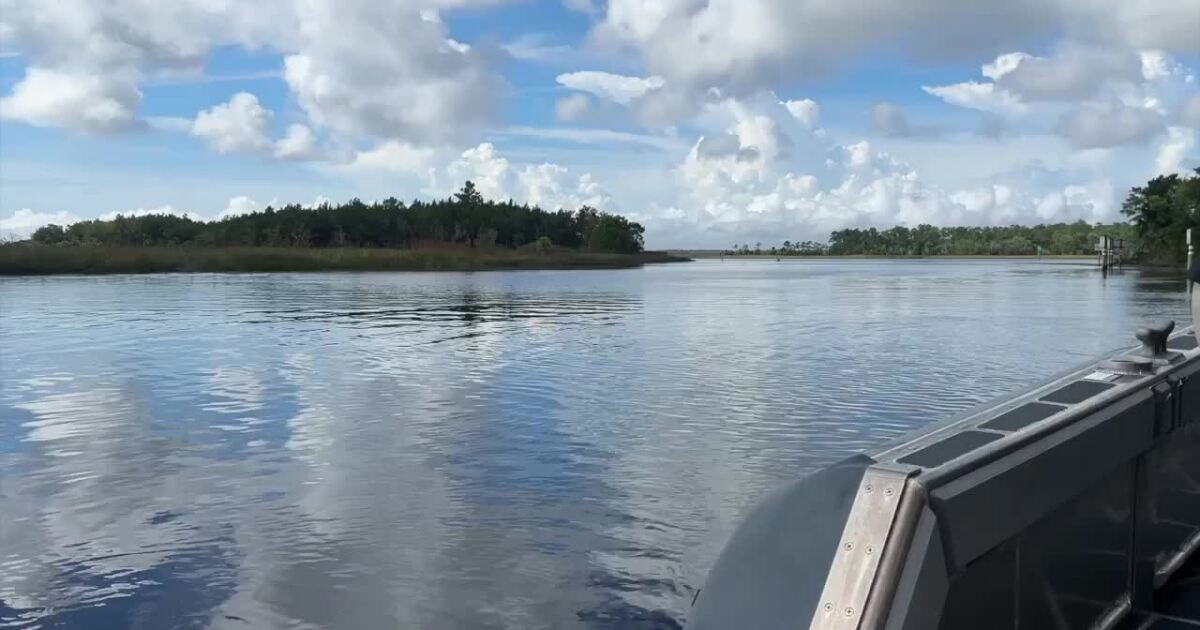Deepwater Horizon's Legacy: How Gulf Restoration Funds Are Transforming Wakulla County's Environment

Healing the Gulf: A Decade of Renewal and Resilience
More than ten years after the devastating Deepwater Horizon oil spill, the Gulf Coast is experiencing a remarkable transformation. Communities like Wakulla County are witnessing the powerful results of sustained environmental restoration efforts, turning a tragic environmental disaster into a story of hope and renewal.
The Deepwater Horizon oil spill, which occurred in 2010, once threatened to permanently damage the delicate ecosystem of the Gulf Coast. However, strategic long-term investments have breathed new life into the region. Local communities have not just survived; they've thrived, implementing innovative environmental restoration projects that are gradually healing the landscape.
Wakulla County stands as a testament to this remarkable recovery. Through carefully planned environmental initiatives, the area has seen significant improvements in marine habitats, wildlife populations, and overall ecological health. These investments have not only restored natural environments but have also supported local economies and community resilience.
The journey of recovery demonstrates the incredible capacity of nature to heal and the power of committed community efforts. What was once a scene of environmental devastation has now become a beacon of hope, showing how strategic, long-term investments can transform and revitalize an entire region.
